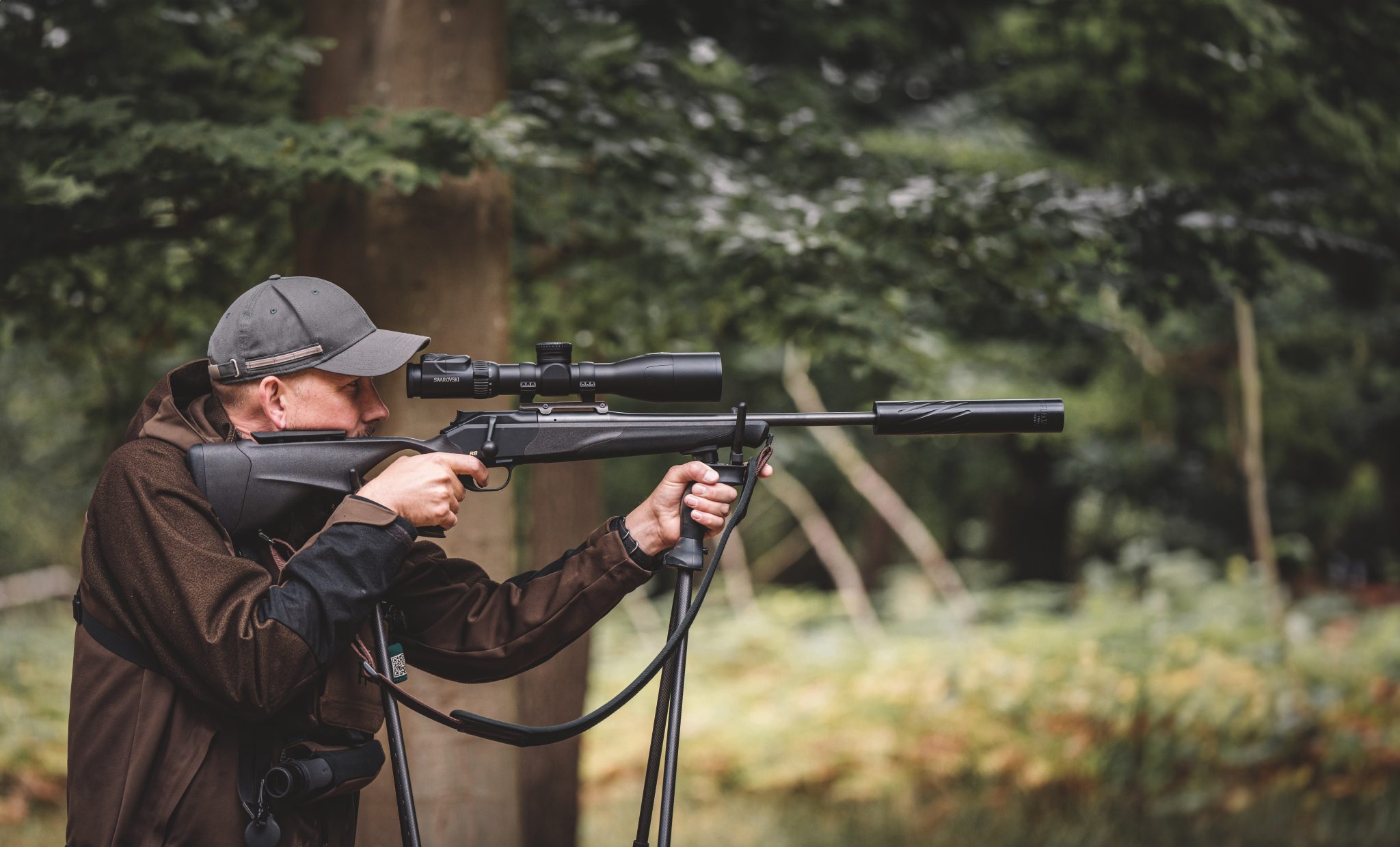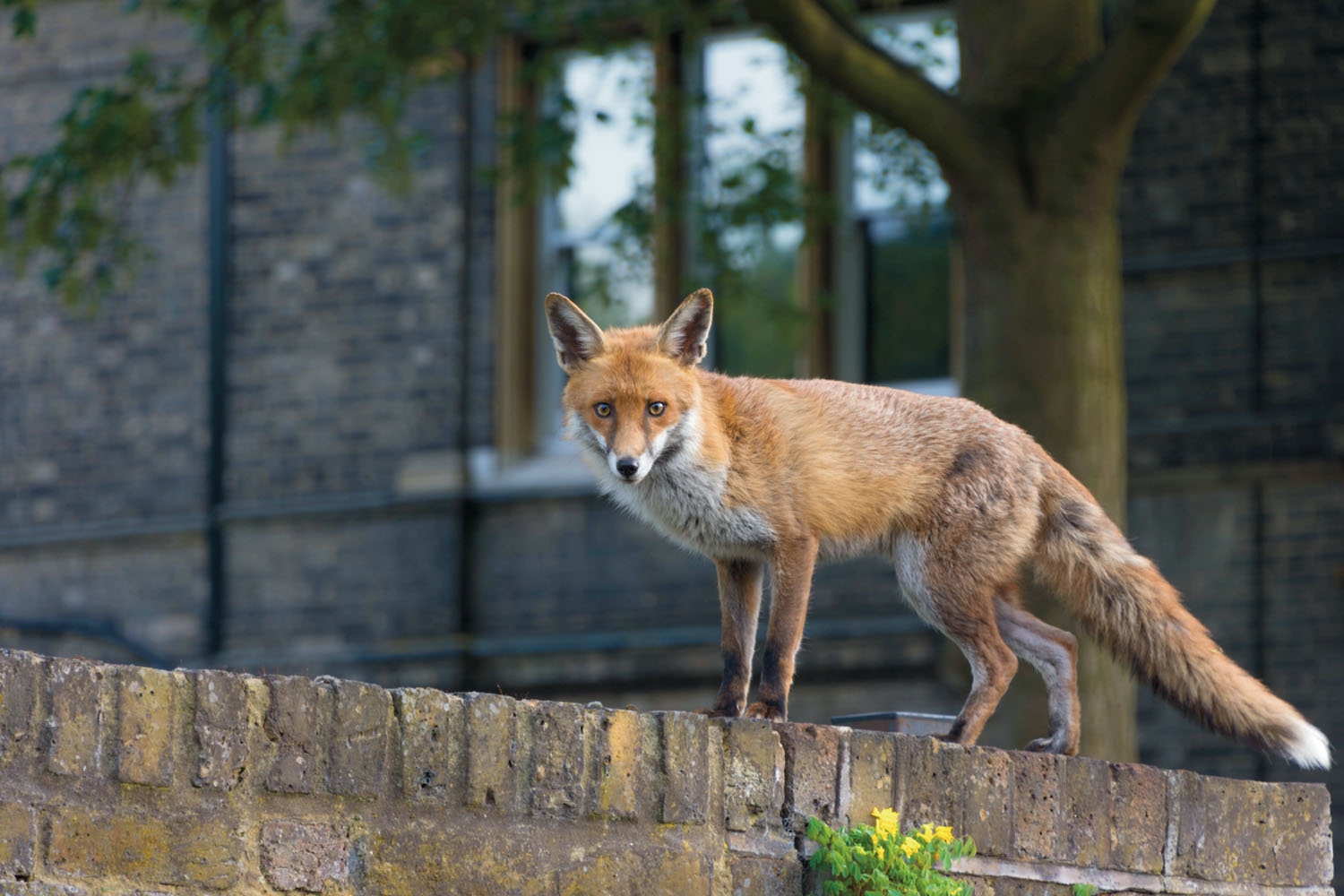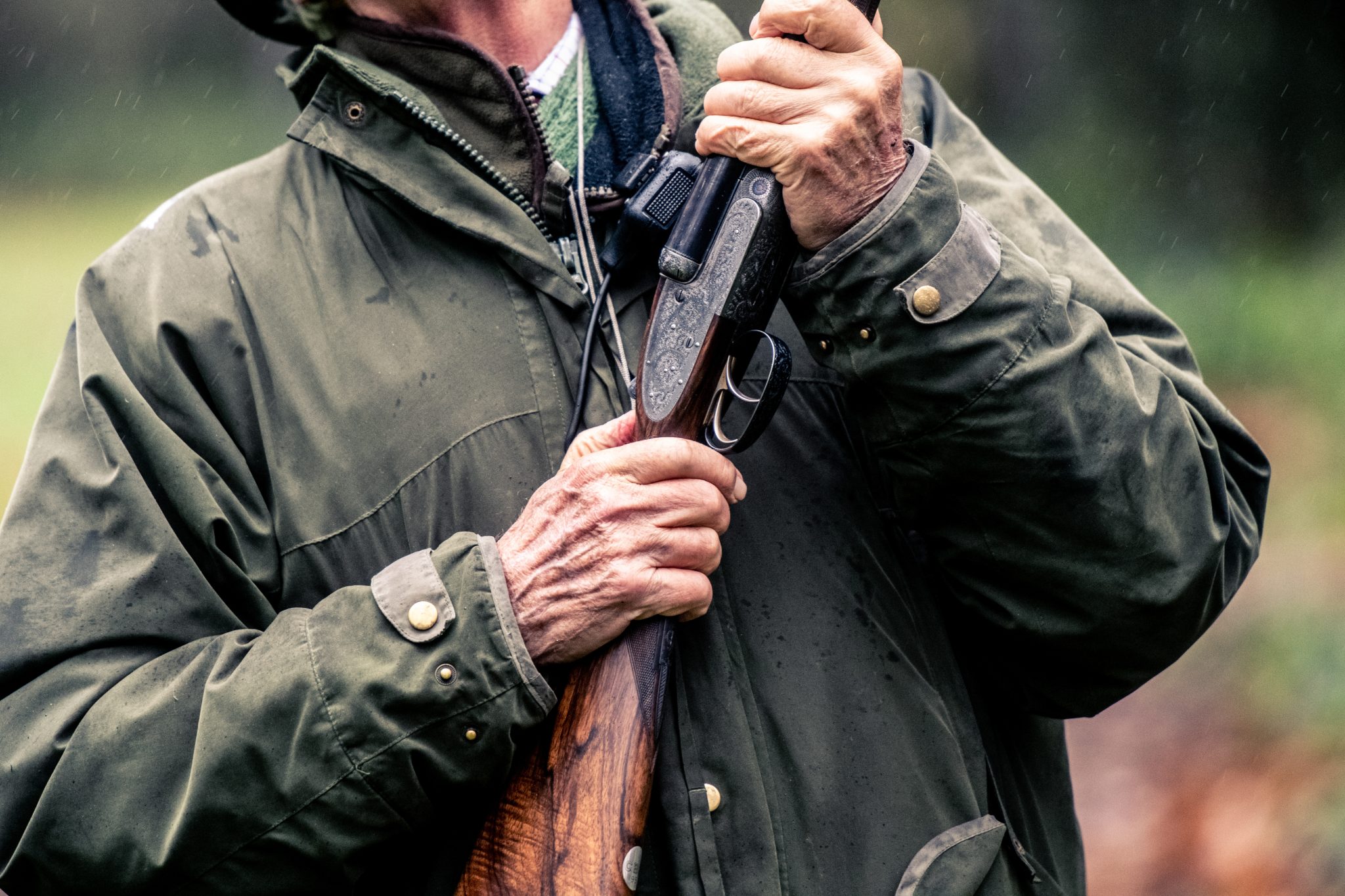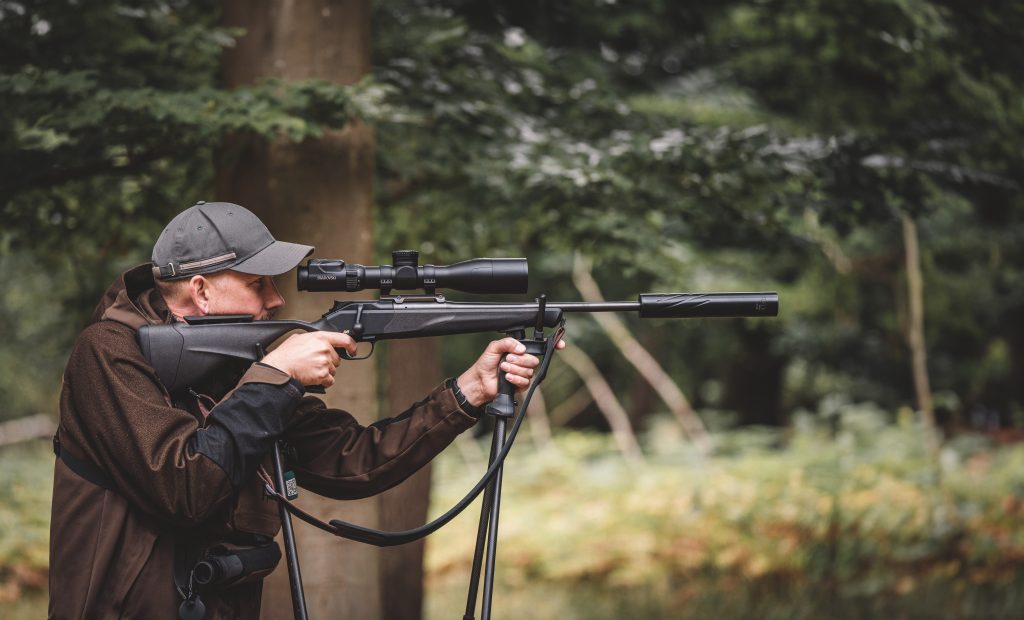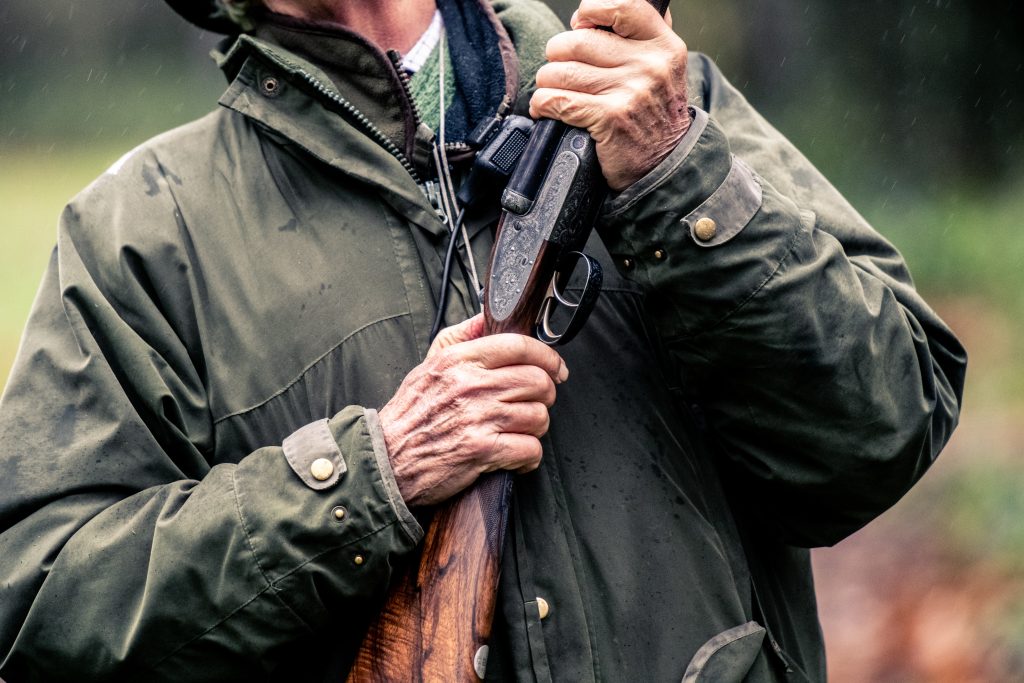★ Win a Schöffel Country shooting coat for everyone in your syndicate worth up to £6,000! Enter here ★
A bright outlook for UK shooting?
Ian Valentine has the latest news on the effect of the recession on the UK shooting industry and asks what the financial turmoil could mean for the future of the sport
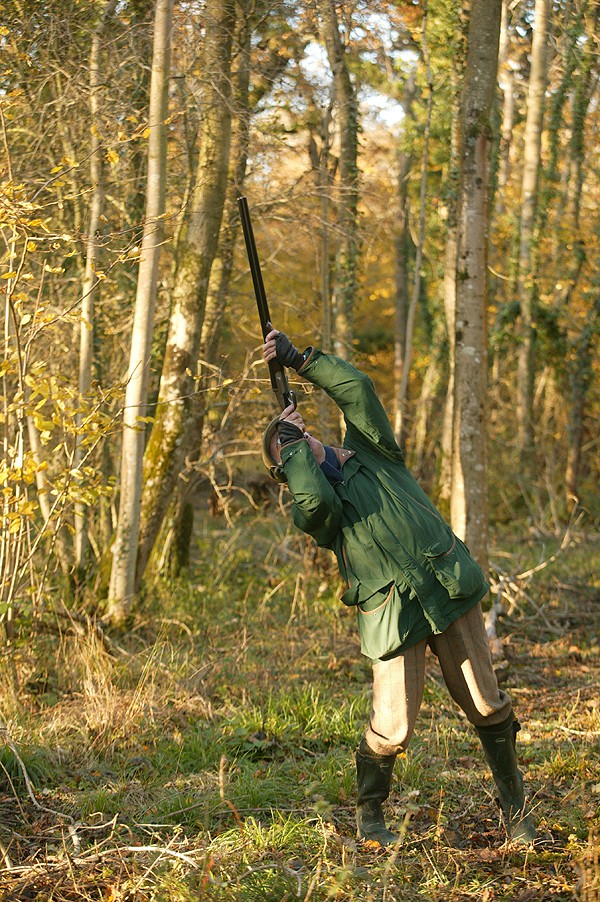
Are shoots putting down the same number of birds as last year? Have days sold as hoped?
If we look back to this time last year, before the bottom fell out of the financial markets, the shooting industry was thriving. Clients had paid their deposits for the forthcoming season, allowing keepers to place early orders for birds. Indeed, the rearing fields produced a surplus of chicks and gamefarmers were confident that shoots would snap them up as they signed up extra bookings. The system worked and the industry was profiting as a result.
However, when a financial crisis removes an important cog from the machinery in this case consumer confidence the system risks crashing. If clients delay paying their deposits, the shoots cash flow quickly dries up. Either shoots can take a gamble and put birds to wood in the hope that they sell later, sparking the possibility of last-minute deals for canny clients, or they can opt to reduce their stock and take the shortfall on the chin. The client could be left rueing his indecision, and have no shooting. The keeper could face losing his job. The gamefarmer could have a field of poults but no buyers.
Shooting Times asked a number of industry spokesmen, including keepers, gamefarmers, paying clients and managers of large, medium and small-scale sporting estates, for an update on how they are faring in the current economic climate. Perhaps the outlook is not as bleak as it might seem.
What is YOUR opinion?
Join other ST readers in our forums to discuss your views.
Like this article? Mark this page on a social bookmarking website…
Related Articles
Get the latest news delivered direct to your door
Subscribe to Shooting Times & Country
Discover the ultimate companion for field sports enthusiasts with Shooting Times & Country Magazine, the UK’s leading weekly publication that has been at the forefront of shooting culture since 1882. Subscribers gain access to expert tips, comprehensive gear reviews, seasonal advice and a vibrant community of like-minded shooters.
Save on shop price when you subscribe with weekly issues featuring in-depth articles on gundog training, exclusive member offers and access to the digital back issue library. A Shooting Times & Country subscription is more than a magazine, don’t just read about the countryside; immerse yourself in its most authoritative and engaging publication.



